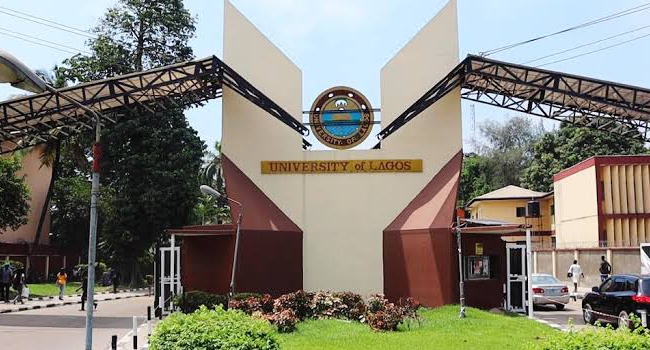The Academic Staff Union of Universities (ASUU), University of Lagos (UNILAG) Akoka branch, has expressed strong displeasure with the Eko Electricity Distribution Company (EKEDC) for disconnecting the institution from power supply for four days.
While power has been restored as of Saturday, discussions between EKEDC and the university management regarding payment modalities and measures to prevent a recurrence are ongoing.
Reacting to the development, the ASUU branch chairman, Prof. Kayode Adebayo, described EKEDC’s decision to disconnect the university’s electricity as barbaric and condemnable.
In an exclusive interview with Sunday Tribune on Saturday, Prof. Adebayo acknowledged that the restoration of power was a relief but emphasized the need for the Federal Government and electricity distribution companies to reconsider the practice of placing customers, including academic institutions, on different tariff bands. He warned that such practices could lead to significant crises if not addressed urgently.
ALSO READ:Edo guber: Obaseki commissions 30km Sobe/Sabongida-Ora road
Prof. Adebayo criticized the government for treating public electricity as a privilege rather than a citizen’s right. He questioned the rationale behind using electricity availability for 20 to 24 hours a day as a criterion for determining the price customers must pay, calling it shameful for Nigeria.
He further highlighted that academic institutions, which provide essential social services, require a consistent power supply to function effectively in areas such as laboratories, libraries, classrooms, and hostels. He expressed concern that placing universities under Band A tariffs signals a growing threat to education in Nigeria.
Prof. Adebayo recounted that during the four-day blackout, members of the university community struggled to find places to charge their phones. He shared his personal experience of paying up to N45,000 monthly for electricity in his campus apartment, despite using minimal appliances like an air conditioner and refrigerator.
He warned that if the current situation persists, it could lead to widespread protests or even an “electricity war” in Nigeria.
